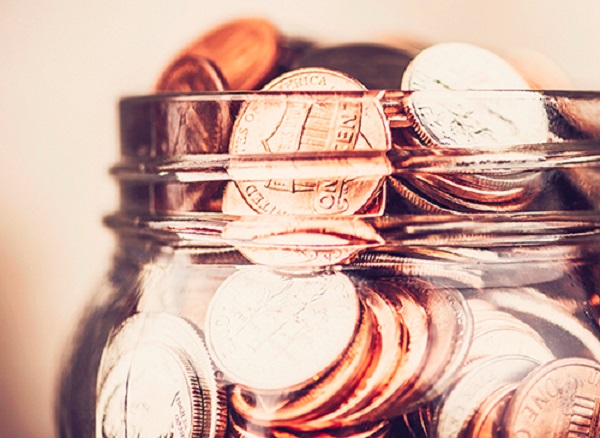
Researching an article about money-saving behaviour, I started typing into Google: “How much cash is too much” and I was surprised by the suggestions the search engine offered:
My curiosity was piqued and I spent the next 30 minutes reading through the articles coming up for the different options. From discussions on how much cash celebrities carry on them to the maximum legal amount of money individuals can carry when crossing a border, there were many varied topics.
I read a study about how safe people perceive the use of cash to be as opposed to other payment methods. Nowadays, we hear a lot about credit card fraud and online scams. It’s crucial to understand these risks and learn how to minimise them. But we must not forget that pickpocketing and burglaries are still very common! According to Statec, in the four-year period from 2009 to 2013, 10% of Luxembourg households were burgled, with attempted break-ins adding an extra 9%. 8 out of 10 times, the attempted theft – regardless of what was targeted - was successful. This is partly why I am a big advocate of keeping your money safely in the bank, not under your mattress. The Police of the Grand Duchy recently reported that for several years in a row now there have been no successful hold-ups in banks in Luxembourg.
This doesn’t mean I am completely against cash. Sure, I hate the cent coins in my purse and I am more likely to pay for everyday purchases with a card; but I am also aware of the advantages of cash. For instance if the terminal or the Wi-Fi of the store doesn’t work. Or when you want to leave a tip. Or even when you are on an out-of-control shopping spree and the physical act of handing over money to the salesperson might be the only thing to shock you back into reality. After all, paying cash, i.e. seeing your hard-earned money leaving your wallet, does hurt more than merely swiping a card.
So how much cash is too much cash? In terms of cash in your pocket, you will have to find the right balance between your need for immediately available means of payment and physical security. A 2013 Money Magazine survey revealed that 42% of respondents carried less than USD 40 and 30% less than USD 100. The same survey in Luxembourg might give slightly different results, depending for instance on whether people want to pay for dinner in cash or plan on taking a taxi back home…
In terms of cash allocation in your wealth planning – and I mean the money in your bank(s), of course – I recommend a limited amount of liquid assets: cash on your savings accounts (sufficient to cover your recurring expenses over a period of three to six months), cash in your emergency fund (which could be in a liquid investment product, such as Invest Plan), and that is it. The remainder of your money should be put to work in investment funds, in shares, in bonds… Talk to your financial advisor or relationship manager about your options and the diversification you need. Especially given one of the dangers of cash lies in the fact that it can lose value! Interest rates are so low that even with low inflation levels you might be losing money.
Be good at money – ask for advice and slowly move from cash to investments.









